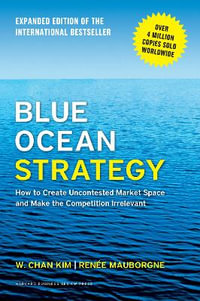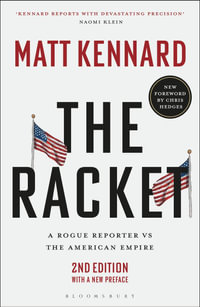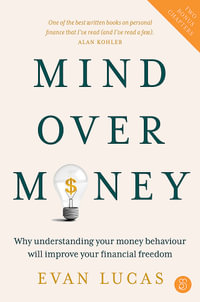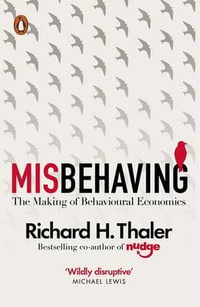This comprehensive Handbook addresses a wide variety of methodological approaches adopted and developed by behavioural economists, exploring the implications of such innovations for analysis and policy.
Presenting analytical narratives from renowned economists and economic psychologists, the Handbook applies a broad array of methodological perspectives to behavioural economics. These span from bounded rationality, asymmetric information, and heuristics and biases to fast and frugal heuristics, rational agents and smart decision-makers, and capabilities improvements and institutional design. Chapters further explore diverse areas such as public policy, micro and macroeconomics, labour economics, the firm, decision-making, preference formation, punishment, love, altruism, trust, the environment, money and finance, health, and sports. Providing a pluralistic approach to behavioural economics, the Handbook ultimately introduces readers to an array of possible methodologies that can be adopted to address topical economic issues, as well as facilitating an enriched and nuanced understanding of human behaviour in an economic context.
Comparing and contrasting different methodologies within behavioural and neoclassical economics, this dynamic Handbook will be an invaluable resource for undergraduate and postgraduate students enrolled in economics, social psychology, and marketing courses. Policymakers will also benefit from its examination of the implications of behavioural economics for real-world decision making and policy.
Industry Reviews
'The chapters of this Handbook take us beyond the now familiar areas of behavioural economics research and give attention to a wider range of methods and further applications of the findings - a much needed help in the many fields, such as environmental and health economics, in which the usefulness of these findings is just beginning to be realized.' -- Jack L. Knetsch, Simon Fraser University, Canada
'Behavioral economics needs to go beyond documenting deviations from neoclassical norms and interpreting these as flaws in humans rather in the theory. We need to take uncertainty seriously, take heuristics seriously, and study how people actually make decisions instead of building as-if models. This excellent collection of approaches offers many ways to rethink behavioral economics and equip it with a fresh vision.' -- Gerd Gigerenzer, Max Planck Institute for Human Development, Germany
'Morris Altman succeeds in assembling experts from various scholarly disciplines who present the arsenal of research methods in behavioral economics and their potential in applied social research. This is an excellent comprehensive Handbook that is of interest to students and scholars, committed to understanding economic behavior which is often driven by a-rationality and irrationality rather than the capacity to rationally maximize one's own utility.' -- Erich Kirchler, University of Vienna, Austria
























